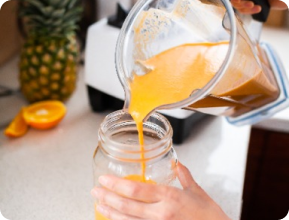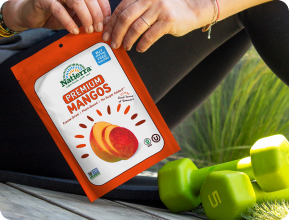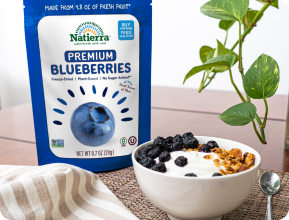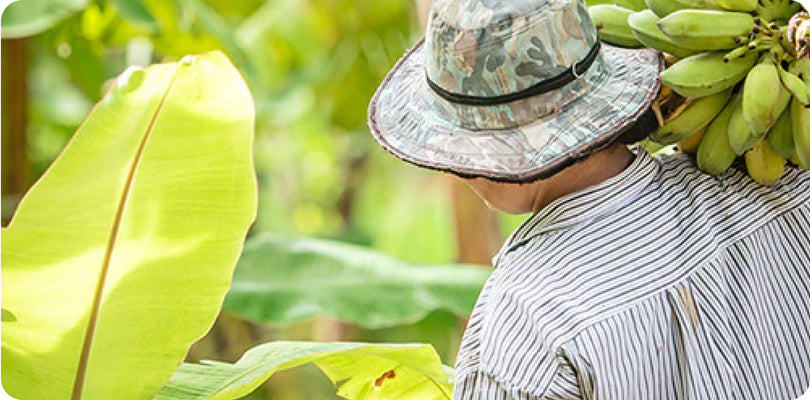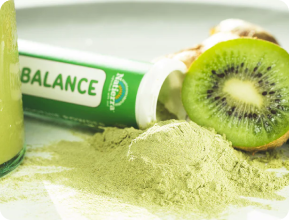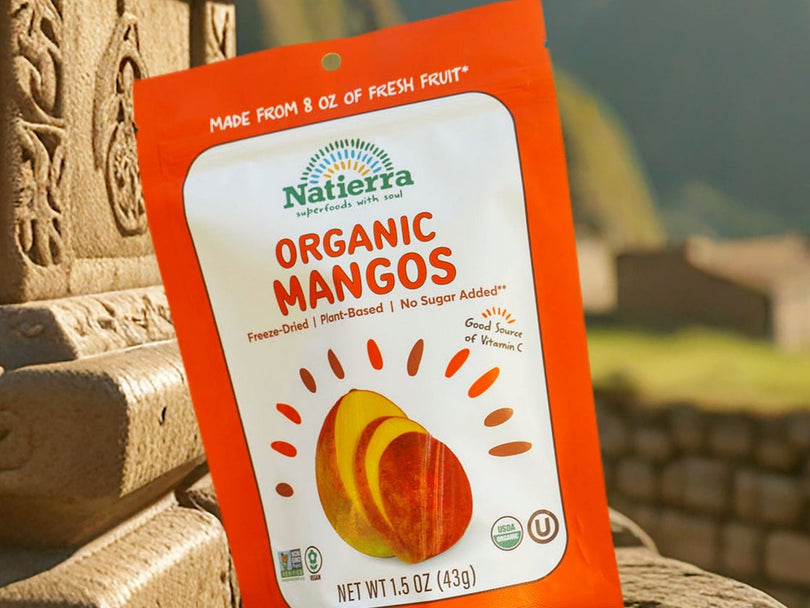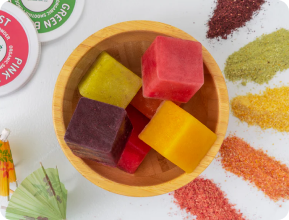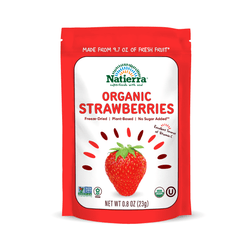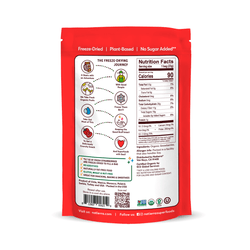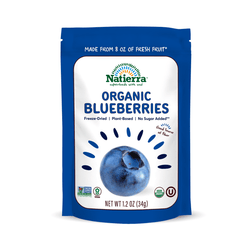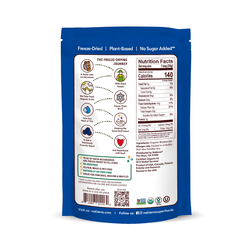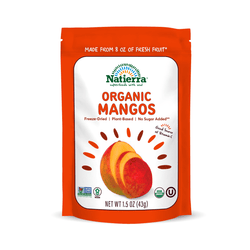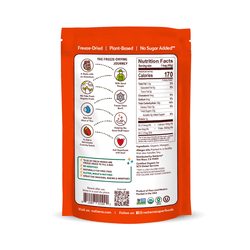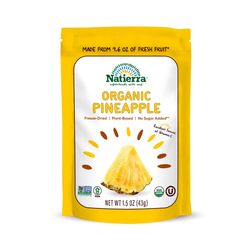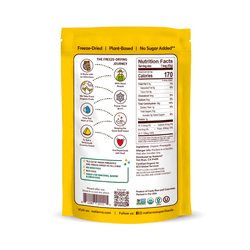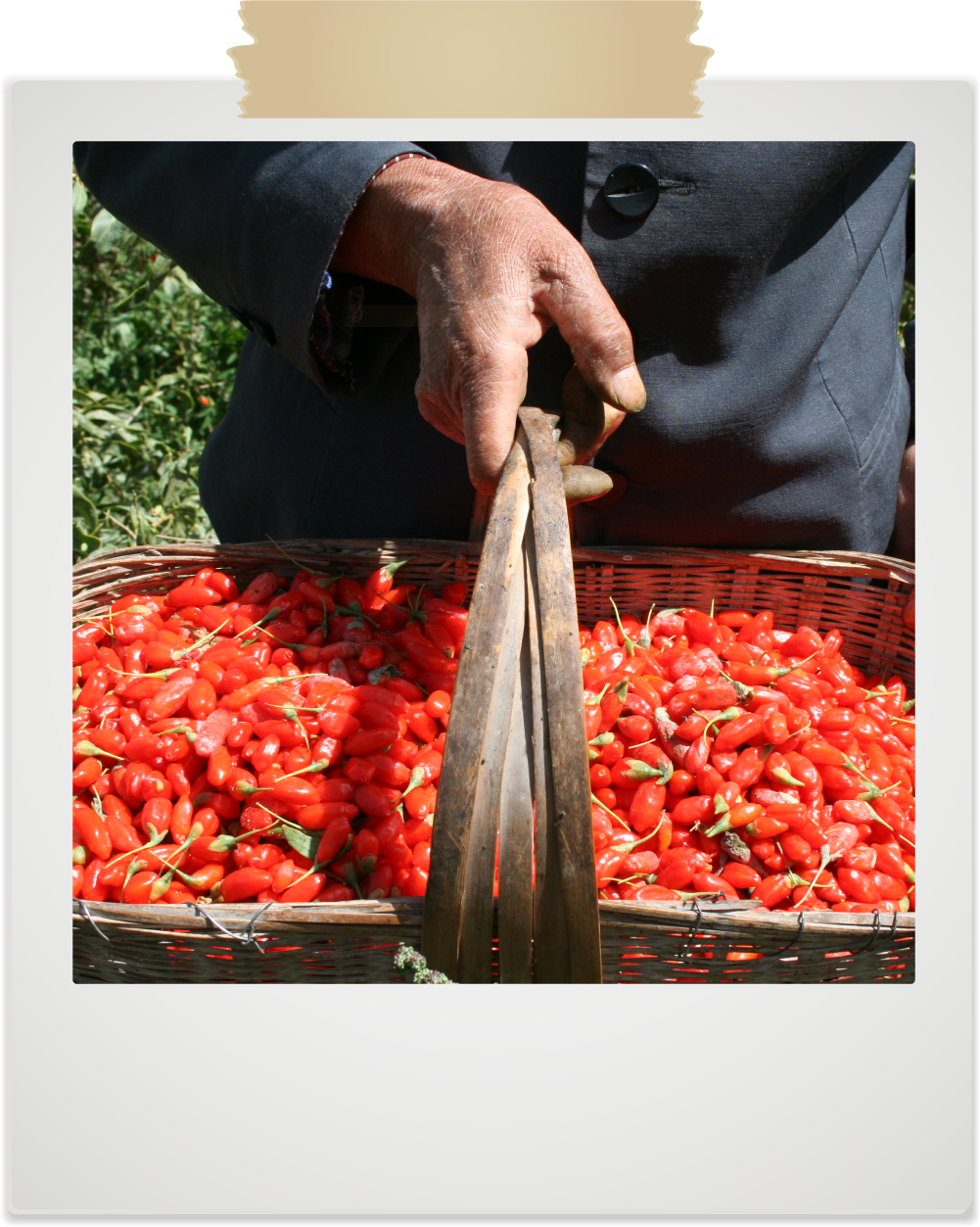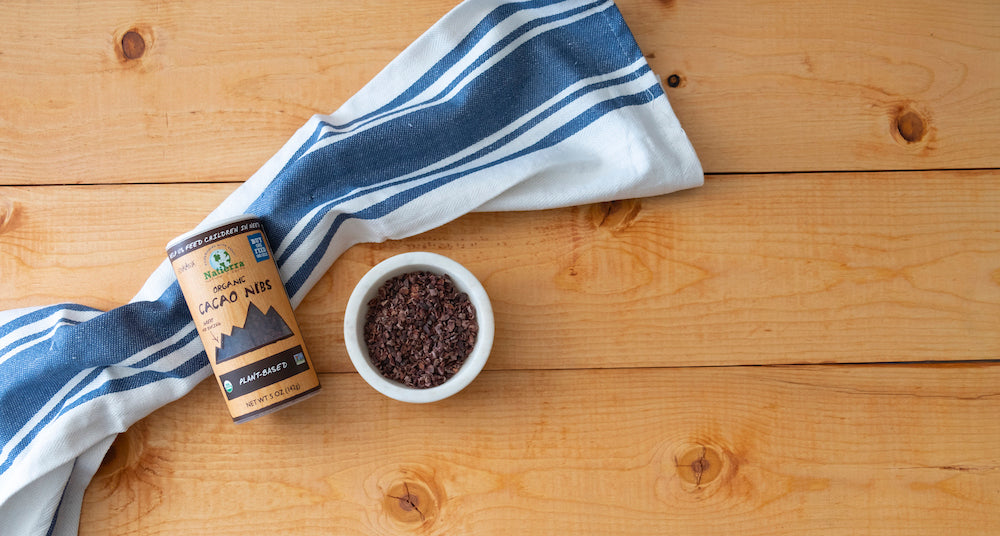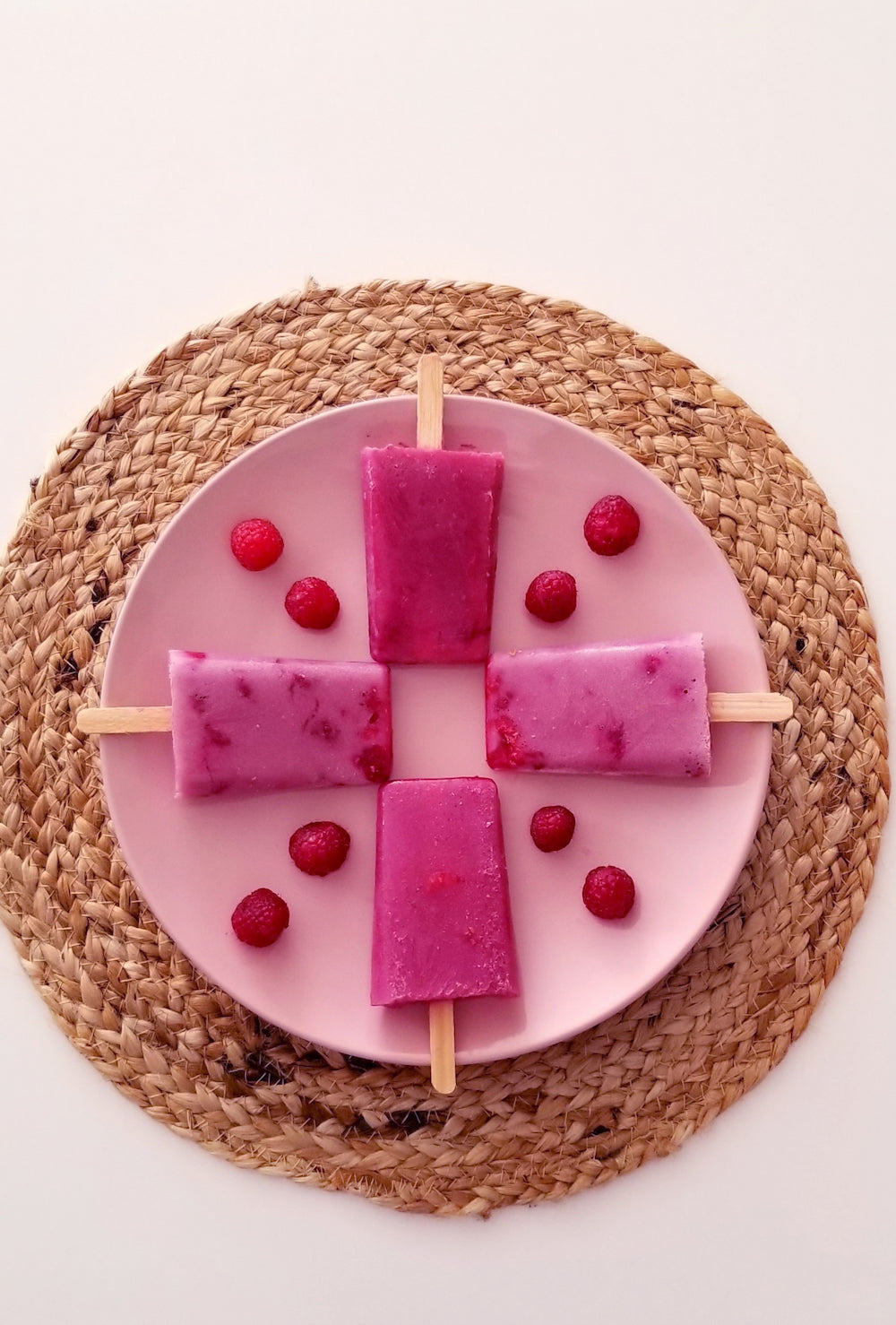Looking for ways to live a greener lifestyle?
1. Less paper products
No more paper napkins!
Ok, this can be debated across many dinner tables, however, I have found that I have been saving quite a lot of money by not buying disposable napkins and paper towels for one time use occasions. Yes, it does use resources to wash and dry, however cloth napkins do not qualify for a laundry load on their own and it’s super easy to toss them in with your regular load of bath towels on a weekly wash day.
Also, yes it is important to know what material your napkins are made of, as cotton can be processed nearly the same way as disposable paper-but the longer-term benefits and environmental effects outweigh those of the paper products.
2. Reduce your plastic consumption
No more plastic zipper bags!
It’s been nearly 2 years since I stopped using plastic zipper bags for food storage. So what do I use instead? The answer: reusable containers. For everything. Slice an onion? Reusable container. Grate some cheese? Reusable container. Marinating some meat? REUSABLE CONTAINER!
There are some instances in which a zipper bag better serves my purposes, so I do keep one box of them in my drawer. However, I stretch that box to last at least half a year. I find that the zipper bags work better for frozen products, preventing many cases of freezer burn, as well as giving me more ability to pack food into a tiny freezer that would otherwise be bursting with reusable containers.
Check if it is Free from BPA
You want to make sure your containers are free from BPA and phosphates. Most are, but it is always worth double checking the product information or opting to purchase glass containers.
3. Bring your own shopping bags!
Warning: this article was written before the COVID situation. Most stores are currently moving away from this due to health concerns.
Most states are making this a requirement and charging customers for single use bags at the register. I’ll admit, it took me some time to develop the habit, but once set, it is a no-brainer. I keep my bags in the car, ready for those last-minute stops at the grocery store.
Once I’m home and unloaded, I hang the bags on the front doorknob, ready to be taken out to the car next time I leave the house. Again, it does take some reading and research to make the most long-term, sustainable decisions in this area. Reusable products themselves require manufacturing, so organic and sustainable fibers are the best option, if they are available to you.
4. Non-toxic and cruelty-free cleaning products!
We all appreciate having that clean home feeling. While cleaning up, why not work toward saving the planet at the same time? By using non-toxic cleaning products, which are equally effective as their industrial counterparts against dirt and grime, you prevent toxins from entering water run-offs and the soil surrounding drains, sewers, and septic lines.
By using a product that is non-toxic, it’s also likely you are using a product that is not tested on any kind of animal. As an animal lover, this is just as important to me as the environmental impact of the product. Most green cleaning companies use a third-party certification, such as Leaping Bunny. These certifications bring an added peace of mind to my product selection
5. Non-toxic and cruelty-free skin, body and hair care!
Your body care supplies can be just as environmentally friendly as your new, green home-cleaning supplies. When reading labels on body and skin care products, be aware of the difference between “clean” and “natural.” Make sure to look for products free of:
- Parabens
- Pthalates
- Sulfates
- Petrochemicals
6. BYOB!
Warning: this article was written before the COVID situation.
Bring your own bottle or mug to fill up on beverages at your favorite coffee shop. Most shops will offer a little incentive to do so, which is a double win in my book. There's a bit of deception about the recylability of the disposable "paper" cups you receive over the counter. Those green arrows bent in a triangle lead you to think the product will be recyclable, or even biodegradable due to its primary construction, but most disposable paper cups have a very thin lining of non-recyclable film that does not break down during decomposition.
This film is there for your safety, as it does provide a small barrier to prevent coffee seepage that could burn your hands. But do you know what really protects your hands from burns? Reusable mugs! Plus, they’re far more stylish and customizable.
7. Buy dry foods in bulk using your own containers!
Almost every natural store across America will allow you to bring in your own jar or container from home to refill from the bulk products aisle. You just need to let them weigh your empty container to determine the tare, then you’re good to go!
What is the tare, you ask? The tare is the weight of the empty container before you fill it. When you scan through the register, they subtract the tare from the weight of the filled container, so you are not paying for the weight of your container in addition to the weight of your food. There are many wonderful bulk food options available for purchase, including many Natierra products. Stroll down the bulk aisle and stock up today!
8. Grow your own!
I am a huge fan of gardening. It is so rewarding to watch a garden take shape under your hands. Have you ever watched piles of dirt grow large yielding tomato plants? So satisfying, and the results taste much better than the store-bought variety 😊. If you don’t have room for a large garden, there are containers that will help you make the most of small spaces. You could also plant a window-sill herb garden as an easy starter project.
With home grown herbs at your fingertips, it’s simple to bring fresh flavor into just about every meal. As an added bonus, herbs are fragrant and will lend your kitchen a soft, herby scent. By growing at home, you also control what goes into the soil, which is important when choosing fertilizer and pest control options.
9. Pay attention to labels on packaged foods!
Now, obviously it’s a challenge to avoid processed or packaged food products. They are convenient, affordable, and delicious. But not all crackers are created equal.
By keeping an eye on product certification and labels, you can tell whether you are supporting companies with higher production standards or stronger ethical motives. These certifications range from certified organic products, fair trade practices, environmental contributions, and the list goes on. Did you know that Natierra products support many of these, even without the label? That’s just how we like to do business. 😊
10. Go paperless!
Did you know you can opt out of virtually all bills and mail that come to your home and have them sent to your email? This reduces the amount of paper being produced and sent to your home to gather in the bin. You can unsubscribe from most catalogs and even from some junk mail.
We hope you enjoyed these 10 steps towards a more sustainable lifestyle. Don’t hesitate to send us your feedback on instagram @natierrasuperfoods
Jennifer
Sources:
Huffpost: How to stop junk mail
Huffpost: Paper, plastic and reusable tote bag
Greenlivingtips: Plastic wrap vs reusable containers
Epa.gov: Greening your purchase guide
The Coffee Universe: Bring your own cup
Scratchmommy: How to buy bulk food
BHG: Planning your first vegetable garden
Biologicaldiversity.org: Live more sustainably

